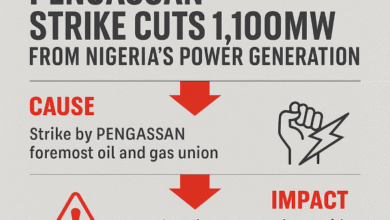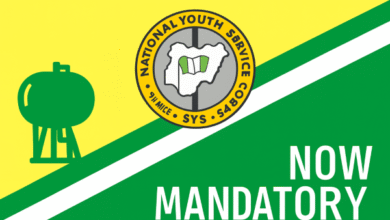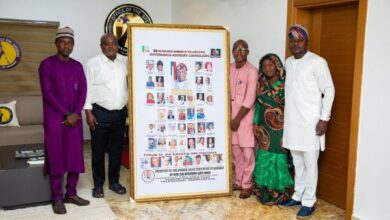NEWS
UNESCO tasks African countries on achieving SDGs by 2030
 The United Nations Educational, Scientific and Cultural Organisation(UNESCO) says the clock is ticking for all continents including Africa to achieve the Sustainable Development Goals (SDGs) by 2030.
The United Nations Educational, Scientific and Cultural Organisation(UNESCO) says the clock is ticking for all continents including Africa to achieve the Sustainable Development Goals (SDGs) by 2030.Dr Enang Moma, an official of UNESCO Regional Office in Abuja disclosed this in an interview with the News Agency of Nigeria (NAN) on Monday.
Moma, who spoke on behalf of Dr Dimitri Sanga, Director, Dakar and Abuja Regional Offices, stated that the UNESCO Science Report of 2021 saw it imperative for countries to reach their SDGs by 2030.
Moma said that there was an urgent need for countries to transition to digital and green societies driven by Science, Technology and Innovation (STI), for their future economic competitiveness.
She said STI were universally recognised as key drivers for poverty eradication and essential components for achieving SDGs.
“However, to make STI work for the society, appropriate STI policy frameworks and collaborative approaches need to be developed and reinforced, ” Moma said.
The UNESCO official said, ”it is imperative now than ever to use STI for competitiveness, strengthening and building regional scientific cooperation among scientists, policy makers, industries among others for a multi-dimensional approach.
” In this regard, UNESCO supports member states’ efforts to reform and upgrade national STI systems and governance.
“Ultimately, stronger STI systems will enable African societies to attain greater inclusivity and resilience through enhanced capacity to achieve SDGs and the African Union 2063 Development Agenda.”
She added that UNESCO was fully committed to supporting governments for distance learning, open science and knowledge sharing, as a means to cooperation.
Moma said that UNESCO was using the concept of Open Science to advance open access to scientific research and data, as well as enhancing collaboration among researchers and scholars for quicker, better results.
She said, “open science is a true game changer in bridging the STI gaps and a critical accelerator for the achievement of competitiveness and sustainable development goals (Agenda 2030).”







